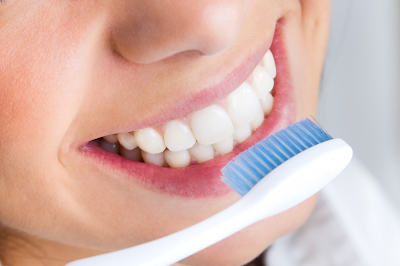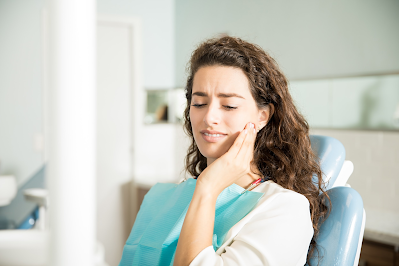How Tooth Loss Affects Your Bones
A single missing tooth can increase your risk of dental diseases, but what about your bone health? If you're one of the millions of people who have lost teeth, you may be wondering how tooth loss affects your bones. Here's what you need to know about the relationship between oral health and overall bone health, including the risk factors involved and steps you can take to prevent further bone loss and improve your overall wellbeing.
The Effects of Tooth Loss on bones
When we lose a tooth, our bite shifts and impacts the bones that support our teeth, when we talk about specific facial or jaw problems being linked to tooth loss, it's because losing a tooth changes how our jaws line up with each other and can make an existing problem worse.
Research indicates that people who have lost all their teeth are more likely to experience various bone losses than those who still have all their natural teeth. Chewing helps stimulate our bodies so they don't need as much calcium, which can cause osteoporosis. Despite these factors, there are many ways you can help maintain your bone health and density while undergoing treatment for tooth loss.
The effects of tooth loss on the bones that support your teeth are more extensive than you may think. It's well-known that when a tooth is lost, the underlying bone begins to deteriorate and resorb. The body essentially reclaims the calcium and minerals stored in the jawbone for use elsewhere. What's less well-known is that this process can lead to severe problems in your mouth and throughout your body if it's not treated.
Tooth loss affects the face, especially the lower third, leading to a sunken-in look and premature ageing. Tooth loss also contributes to TMJ disorder (TMD), which can cause pain throughout your upper body and headaches, earaches, ringing in the ears, neck aches and back pain. Tooth loss also means a higher risk for periodontal disease, a chronic bacterial infection that damages the soft tissue and breaks down bone structure.
If you have any concerns about your oral health or ongoing dental treatment, please talk to your dentist. They will be able to recommend appropriate remedies, including medications and specific lifestyle changes that can help keep your bones healthy and vital as you undergo tooth loss treatment. Next Smile™ Brisbane is the best place to find dental implants services such as All-on-4®. Are you in Brisbane? Book an appointment with the Next Smile™ team to get the help you need.




Comments
Post a Comment